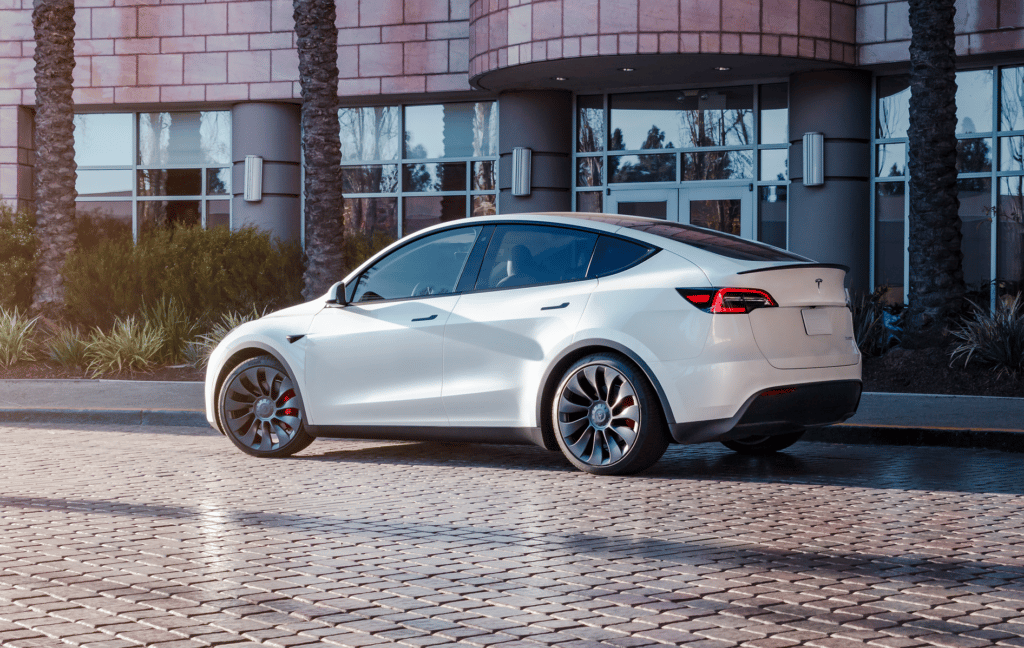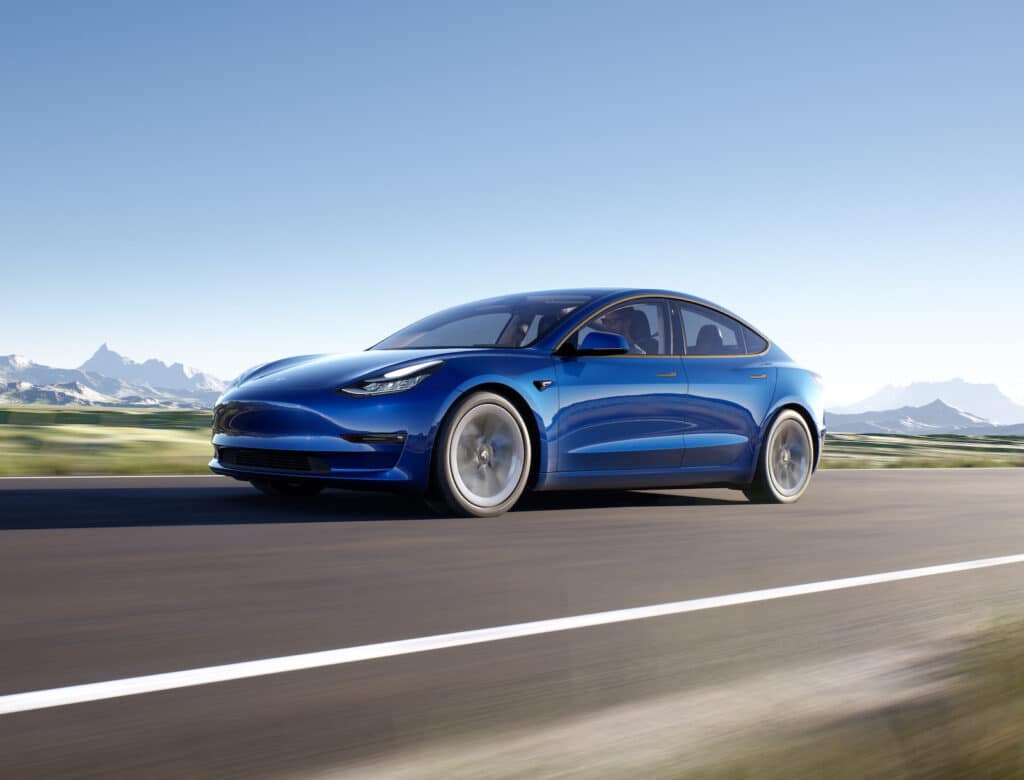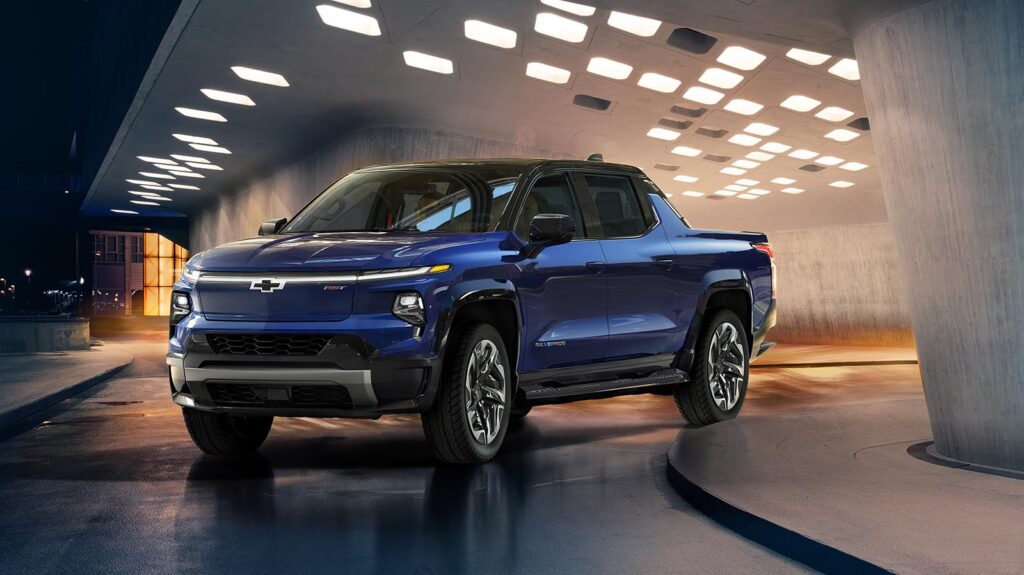Tesla, Maserati and Genesis Owner Loyalty Rising

To the surprise of absolutely no one, Tesla retains a significant amount of brand loyalty and remains a significant factor among premium vehicle brands, according to Tom Libby, associate director and loyalty principal at S&P Global Mobility.
Libby examined automotive brand loyalty amidst the industry’s protracted inventory shortages, examining who chose the same brand when buying their new vehicle from January 2020 through April 2022, Automotive News reported.
Tesla, along with Maserati and Genesis, are the luxury three brands that saw an increase in customer loyalty at a time when brand loyalty is eroding, down 4.5% to 46.3% for the luxury segment, and 2.7% to 52.1% for mainstream segment. Subtract Tesla from the luxury market, and loyalty falls an additional percentage point, or nearly twice that of mainstream brands.
The numbers that count

Genesis saw its loyalty numbers rise most, up 8.5 percent. It was followed by Maserati at 4.3% and Tesla at 4 percent. Other brands saw declines including BMW down 2.3%, Acura off 2.7%, Lexus down 4.8%, Jaguar 5.1%, Infiniti 5.2%, Volvo 5.3%, Cadillac 6.4%, Alfa Romeo 6.6%, Mercedes-Benz 7%, Audi 7.3%, Lincoln 7.9%, Porsche 8.5% and Land Rover at 9.2 percent.
The good numbers form Genesis and Maserati come from their small sales numbers in the U.S., were large gains come from a relatively small volume of customers. Genesis sold 49,621 vehicles in 2021, while Maserati sold 7,615 units. In contrast, Tesla sold 313,400 EVs, making their 4% increase in loyalty far more significant.
Sticking with what they know

Libby also suggested in comparison to both premium and mainstream rivals, Tesla’s conquest/defection ratio, which measures the number of customers switching to Tesla divided by the number leaving the brand, was low.
Instead of poaching from other brands, loyalty is driving Tesla’s success. Consider the Model 3, the company’s second most-popular model behind the Model Y; 62.2% of its buyers own another Tesla, up more than 7.5 percent. Overall brand loyalty among Tesla buyers was 73.1% in March 2022, a huge jump from 49.1% the year before.
“They love the brand, and they’re getting another one,” he told Automotive News. “So this is an ominous, frankly, ominous trend for the rest of the industry, something that has to be faced, and it has to be acknowledged.”
Challenges ahead
The strong numbers come despite the age of many of its products.

Certainly, loyalty to Tesla remains strong, at least according to this singular study. Whether it remains so with the forthcoming tsunami of EVs about to hit the market remains to be seen. So far, there’s been little hint that Tesla is planning to update the look of its products anytime soon.
And the long-delayed Cybertruck has yet to reach production, despite promises of its arrival in 2023, two years later than originally scheduled. This has allowed the market to bloom despite Tesla, as the GMC Hummer EV Pickup, Rivian R1T, and the Ford F-150 Lightning are already on sale, with the Chevrolet Silverado EV is expected sometime next year.
Nevertheless, this study suggests loyalty will help Tesla retain buyers. But further indication of brand loyalty will become apparent with the release of the annual J.D. Power U.S. Automotive Brand Loyalty Study later this year.
Auto Lovers Land
Comments
Post a Comment